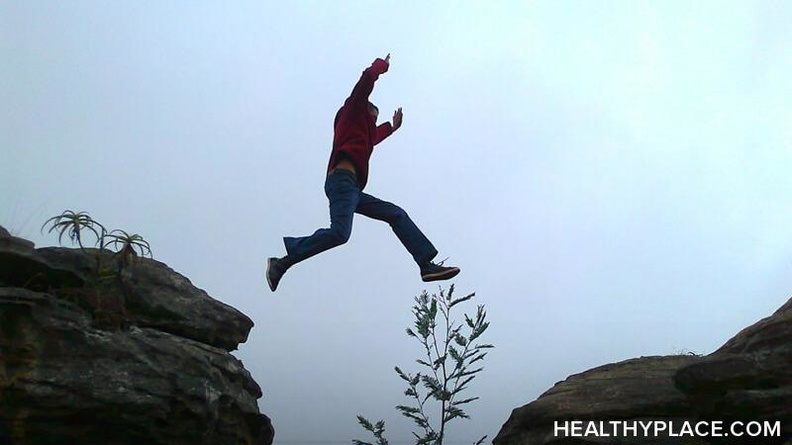Develop Confidence and Self-Esteem: Leave Your Comfort Zone

Confidence and self-esteem are different, but by stepping outside your comfort zone to boost your confidence, you can also raise your self-esteem in the process. When we confront our fears or try new things – whether it’s through small or big steps – we challenge our model of who we are and what we thought we were capable of doing. Being confident does not necessarily mean you will have high self-esteem, but doing the things that boost confidence can help you raise self-esteem because confidence causes you to view yourself in a more positive light.
The Differences Between Confidence and Self-Esteem
The psychiatrist Neel Burton, in writing for Psychology Today, points out why confidence and self-esteem are not to be confused.1 He says:
To be self-confident is to trust in oneself, and, in particular, in one’s ability or aptitude to engage successfully or at least adequately with the world. A self-confident person is ready to rise to new challenges, seize opportunities, deal with difficult situations, and take responsibility if and when things go awry.
In contrast, self-esteem relates to how we value ourselves. People with healthy self-esteem do not need to depend on their abilities and achievements to feel good about, or comfortable with, themselves -- factors that can make many people feel confident.
You can be self-confident while still having low self-esteem. For instance, you may be confident in one area (e.g., drawing) and lack confidence in another (e.g., public speaking). Also, you can exude confidence but still have low self-esteem: you may be a successful, famous socialite, yet intensely dislike yourself. Attempts are often made to fill the void where positive self-regard should be, but with inadequate substitutes, including drugs and alcohol, status, money, relationships, sex and material possessions.
Leave Your Comfort Zone to Build Confidence and Self-Esteem
In spite of the differences between self-confidence and self-esteem, stepping outside your comfort zone can be an effective way to boost both.
You can have high self-esteem but low confidence. A lot of the time, we lack confidence in our abilities because we don’t try to challenge ourselves. For example, I have very little confidence in public speaking, but at the same time, I don’t have much experience doing it since I avoid it like the plague. I have spoken in front of crowds before and it has been a nerve-wracking experience that left me sweaty, mumbling and trembling. But the fact is that the fear of public speaking is a common fear. And people can become apt public speakers, with practice.
You get over your fears by confronting them, by purposefully putting yourself in situations which make you uncomfortable. This builds confidence in two ways. Firstly, you can become confident in the specific activity that you fear (e.g., public speaking); and secondly, you can become more generally confident in your ability to decide to take action, face your fears and persist through struggle.
How Confidence Boosts Self-Esteem
By doing things, big or small, to step out of your comfort zone, you are proving to yourself that you have positive traits. As mentioned before, having an ability to do something does not necessarily mean you value yourself because of that ability. But you can make that connection. When building self-esteem, it helps to draw on past experiences so that you become more fully aware of your strengths. We all have strengths, but when we lose sight of them and focus on our mistakes and regrets instead, then our self-esteem can become unhealthy.
Reference
1 Burton, N. (2015, October 15). Self-Confidence Versus Self-Esteem. Retrieved December 6, 2017, from Psychology Today.
APA Reference
Woolfe, S.
(2017, December 6). Develop Confidence and Self-Esteem: Leave Your Comfort Zone, HealthyPlace. Retrieved
on 2026, January 10 from https://www.healthyplace.com/blogs/buildingselfesteem/2017/12/get-out-of-your-comfort-zone-to-raise-your-self-esteem